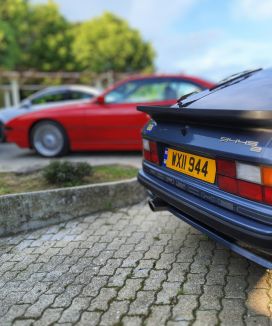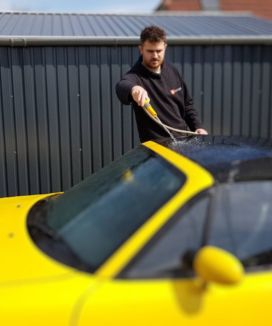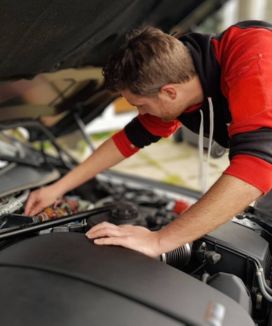Will Classic Cars Run On E10 Petrol?
Table of Contents
Whilst usage of E10 gasoline has been in widespread use in the USA since 2010 and in Europe for a number of years, the UK government is now introducing E10 as the standard fuel in the UK.
The government claims that 95% of cars on the road today can use E10, but will classic cars run on E10 petrol?
E10 petrol is not compatible with most classic cars, and prolonged use will cause corrosion to rubbers and metals used in the fuel system and engine. It’s advised that classic car owners continue to use fuel that contains a maximum of 5% ethanol (E5), which will continue to be sold alongside E10.
So we know that if you own a classic car E10 should be avoided, but what happens if you do put E10 in an older car, and which cars can run on E10 fuel?
Is E10 Gas Regular Unleaded Gasoline?
E10 is 90% regular unleaded gasoline and 10% ethanol. E10 has replaced the fuel we once knew as ‘unleaded’ in a bid to reduce carbon emissions, and can be used by all modern vehicles.
Over 97% of the fuel sold in the USA is E10, so it can now be considered the regular fuel in the US.
This is now the case in the UK and Europe too, with new regulations in force meaning the regular petrol dispensed from the pumps will be E10.
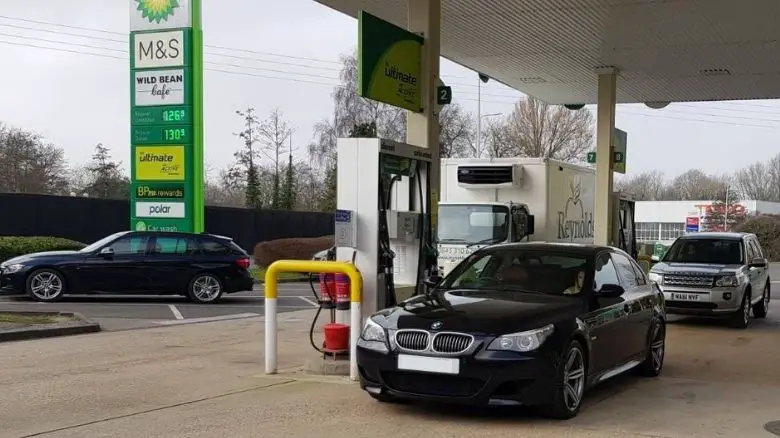
Is E10 Bad For Your Engine?
E10 is only bad for your engine if you drive an older car. Newer cars are designed to run on E10, but owners of older cars will need to take extra care as E10 can cause damage to vital engine components and lead to costly repair bills.
Ethanol absorbs water from the atmosphere, and eventually that water finds its way into your engine. And classic car owners will be well aware of the issues that moisture can cause.
The damage caused by E10 includes corrosion to carburettors and other components made from metal, as well as blocking filters and degrading rubber hoses over time.
Which Cars Can Run on E10 Fuel?
All cars built since 2011 can run on E10 fuel, but owners of cars manufactured before that time will need to check if their vehicle is compatible. Most classic and cherished vehicles cannot run on E10.
The UK government has a tool for you to check if your car is compatible with E10 fuel, however, experts are warning that some older cars listed as safe should not use the fuel.
Be sure to speak to a local garage or specialist who has a good knowledge of your car and take advice on which fuel to use from them.
You can also thoroughly research the make / model of your car online to see if other owners and experts are recommending against using E10.
Here at The Car Investor we’re taking an abundance of caution, and will not be using E10 in any of our pre-2011 cars.
Will My Classic Car Run on E10 Fuel?
It’s unlikely your classic car will run on E10, and extreme caution should be taken to avoid costly damage to your engine and fuel system.
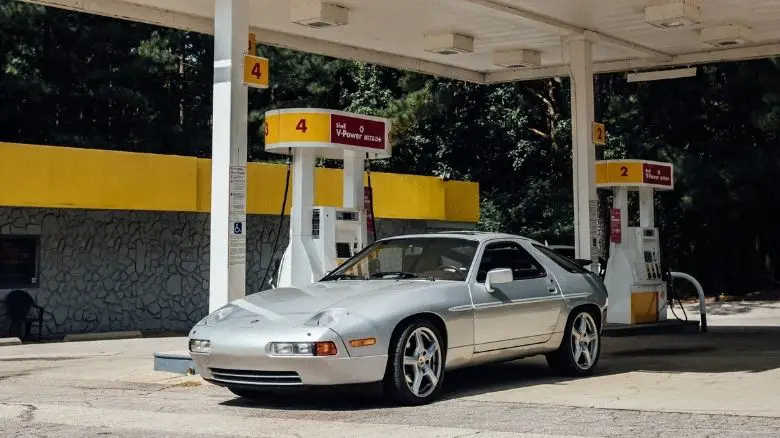
E5 fuel will continue to be sold and can still be used, although it may be more expensive to buy. Unfortunately this is one of many additional costs that classic car owners face for running older engines.
If you own a classic car and are in any doubt, you should continue using E5 until you’re able to get advice from a specialist.
Why is E10 Cheaper than Unleaded?
The additional ethanol in E10 makes it cheaper than unleaded as ethanol is cheaper than gasoline to produce.
As modern cars become more efficient there is less demand for purer fuels. Hence the cost of those fuels remains high in comparison to E10.
Does E10 Give More Power?
Using E10 fuel does not give more power. Ethanol has less energy per gallon than pure unleaded gasoline, so you’ll actually consume more fuel to produce the same amount of power.
Does E10 Make Your Car Faster?
Whilst the added ethanol helps to increase the octane of the fuel, using E10 does not make your car faster as there is no additional power benefit from the fuel.
Is E10 Better than 98?
98 octane is considered to be preferable to E10 because it is more efficient, but it can be more expensive.
Whilst there’s no question that classic car owners should opt for premium fuel, owners of some modern classics may be able to use E10.
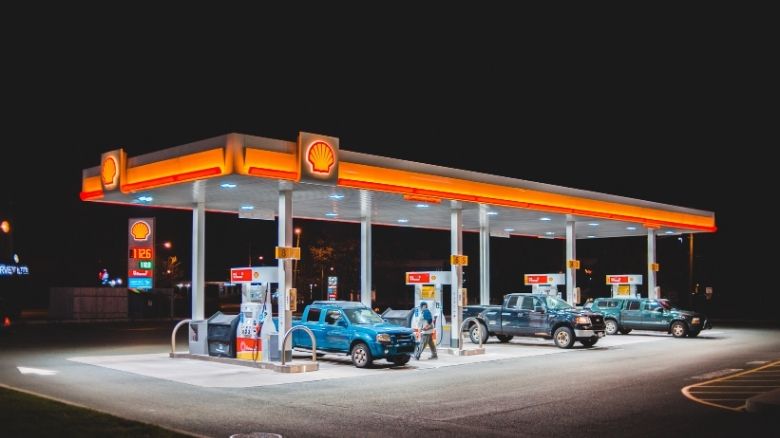
Whether E10 is better than 98 octane fuel for these users will depend on the price paid at the pump. E10 will generally be cheaper, and the reduction in efficiency is considered minor.
Can You Mix E10 and Unleaded?
Yes, you can mix E10 and unleaded without causing an issue for your car. You will not need to drain your fuel tank if you accidentally add E10, as you would if you accidentally added diesel.
If you drive an older car and accidentally fill up with E10, it shouldn’t cause a problem unless it’s done regularly. Continue driving as you normally would, and fill up with premium fuel next time.
What Happens if You Put E10 in an Old Car?
If it’s a one-off, your car will do fewer miles on that tank of fuel but there won’t be any lasting damage. If you continue to put E10 in an old car, it will eventually cause extensive engine and fuel-system damage.
If you really want to use E10 in your old car then you will need to replace all components affected by ethanol with ethanol-compatible ones. Whilst this is possible in some cars, it may not be practical or cost effective.
The safest way to protect your classic car is to avoid E10 altogether.
ABOUT THE AUTHOR
Adam Chinn writes about the intersecting worlds of classic cars, driving pleasure, and smart investment strategies. Starting his journey at 26, he’s proven that one doesn’t need to be wealthy to begin investing in classic cars.
Adam’s insights have been recognized on platforms such as MoneyInc, Swagger Magazine, and Top Speed.

